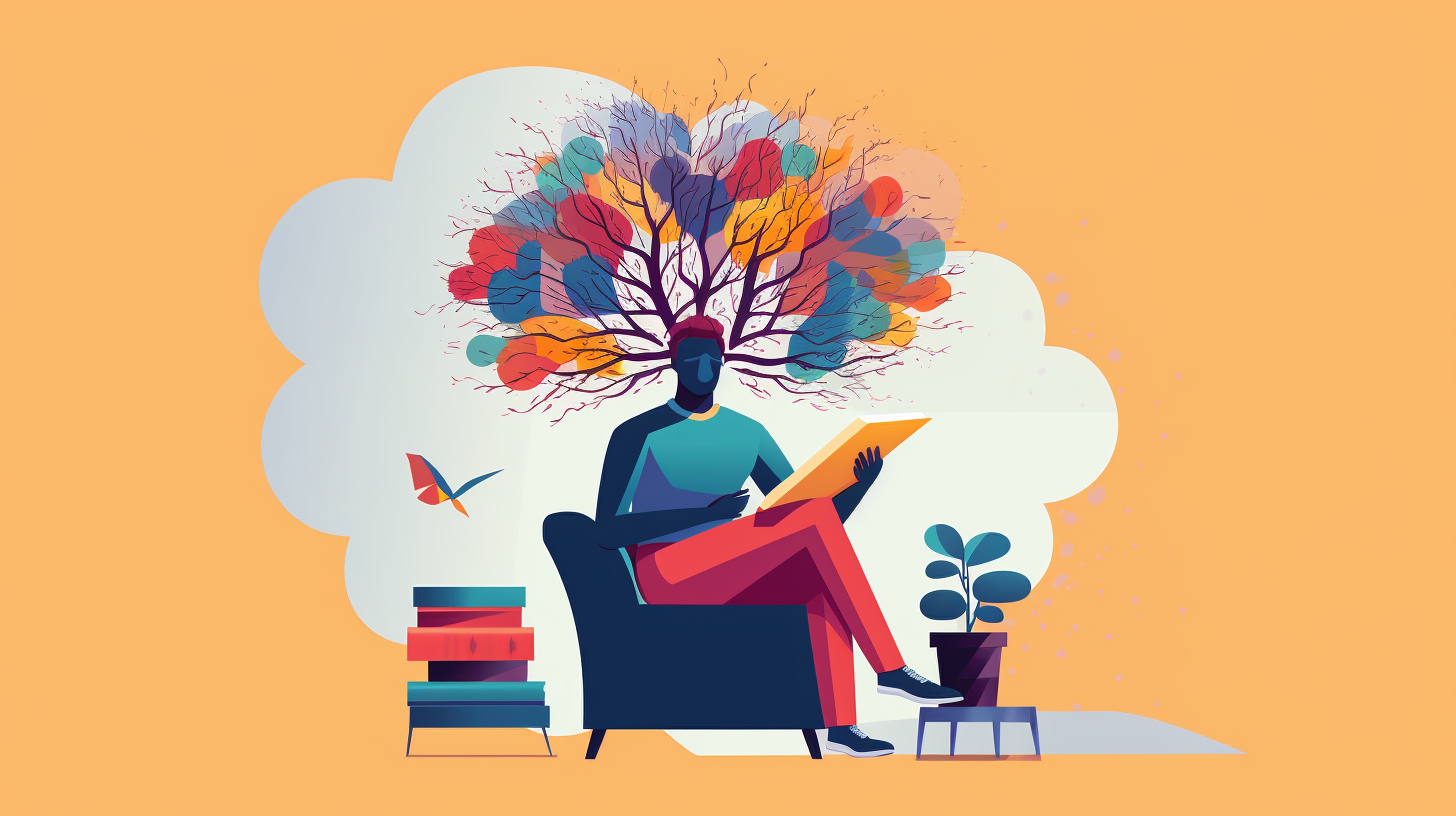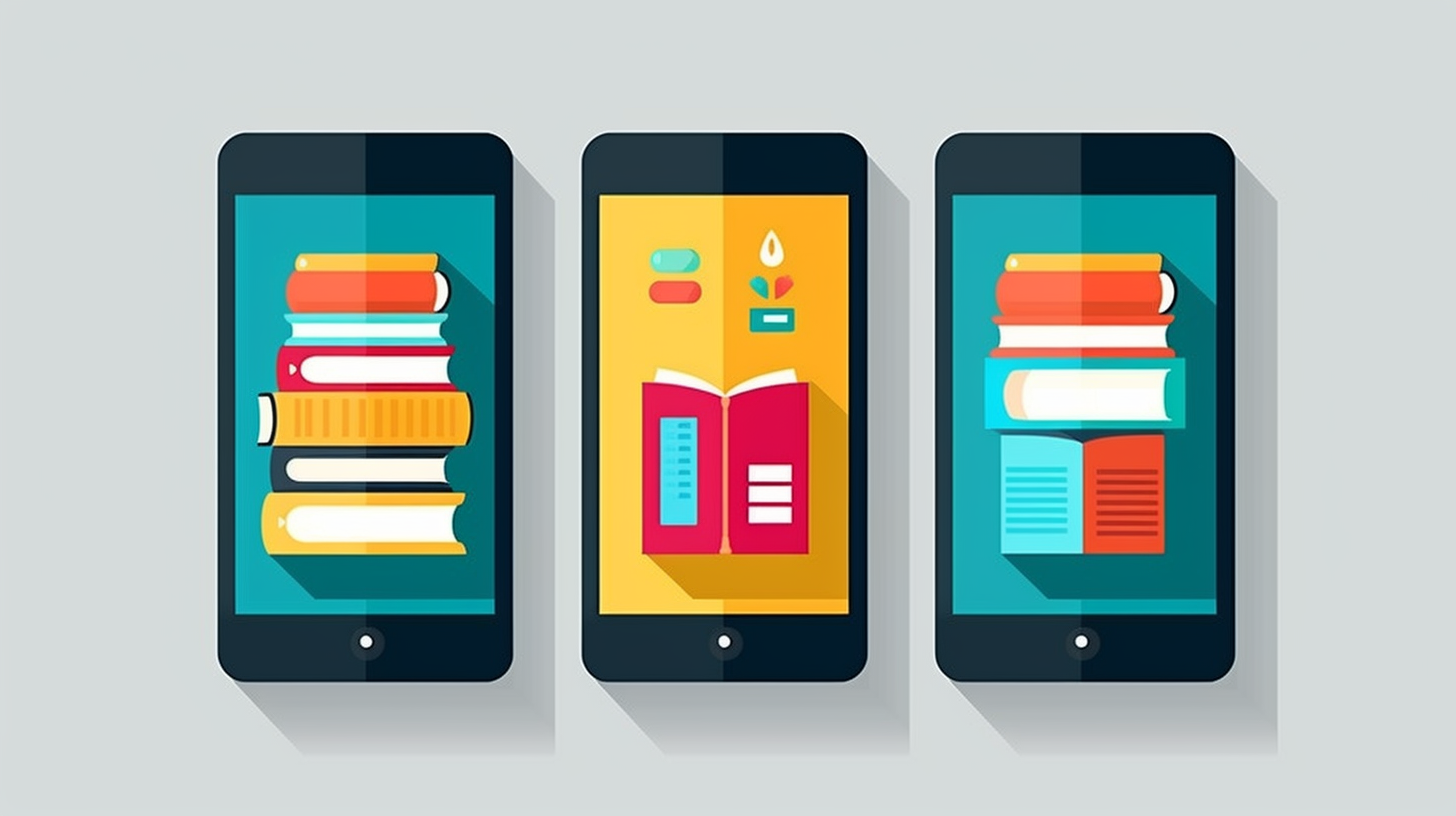Navigating the challenges of ADHD and reading can be a complex journey for many students. Understanding the intricate relationship between attention difficulties and literacy is crucial. You’re not alone if you’ve noticed that reading tasks often seem daunting for those with ADHD. In this text, we’ll investigate the core of this issue, starting with a clear explanation of ADHD and its effects on reading skills.
We’ll explore effective strategies tailored to enhance reading abilities in individuals with ADHD. From breaking down assignments into manageable parts to providing individualized instruction, you’ll learn how to transform reading from a hurdle into a stepping stone. Plus, we’ll discuss the vital role of teachers and therapists in supporting reading development.
Finally, we’ll connect the dots between ADHD, reading, and self-esteem, revealing how mastering reading can be a significant confidence booster. Stay tuned to empower yourself or your loved ones with the tools for reading success.
Understanding ADHD and Reading
ADHD and reading challenges are closely intertwined, affecting a significant number of individuals. If you’ve struggled with reading with ADHD, you’re not alone. This condition can influence two primary aspects of reading: basic literacy and reading comprehension.
With ADHD, it’s common to find reading a lengthy text daunting. You might experience skipping words when reading ADHD or having trouble focusing on the content for extended periods, often leading to misreading or overlooking vital information.
Strategies tailored to how to read with ADHD focus on mitigating such experiences. You can break texts into shorter, more manageable sections to enhance reading skills. This method allows you to process information in chunks, aligning with your attention span and improving comprehension.
Concentrating can be difficult, but you can increase your retention and understanding with specific tools and techniques. For example, active reading methods like note-taking or highlighting can engage your mind, making it easier to grasp the material.
Surprisingly, some individuals with ADHD report falling asleep when reading. It’s not due to a lack of interest but rather the mental strain of trying to focus. Incorporating movement or taking frequent breaks can keep you alert and engaged with the text.
Remember, proficiency in reading can enhance self-esteem and educational outcomes. Exploring different strategies and finding what works best for you is crucial. With practice and patience, you can overcome the hurdles of ADHD and reading comprehension, turning reading into a more enjoyable and successful activity.
Effects of ADHD on Reading Skills
Difficulty with Focus and Attention
You may notice your child’s reading is affected by ADHD, with signs of trouble staying on task. When kids with ADHD try to read, their thoughts often wander off the page. This results in skipping words when reading or losing their place. It’s not that they don’t know how to read; it’s maintaining a challenging focus. They may start strong, but ADHD and reading for longer periods becomes taxing, leading to ADHD falling asleep when reading.
To manage reading with ADHD, break text into manageable parts. Audio support can help maintain focus. These techniques can transform ADHD reading comprehension struggles into engaging learning sessions. Remember, plenty of people read with ADHD; it’s about finding what strategies work for you.
Impulsivity and Reading Comprehension
ADHD often comes with impulsivity, which can interrupt the flow of reading. You might find yourself or your child skipping words when reading ADHD-related texts or rushing through without absorbing the information. This impulsivity affects ADHD and reading comprehension, as absorbing details is crucial for understanding.
To improve comprehension, slow down and use methods that require active engagement. Highlighting key points and summarizing passages aloud can reinforce what’s read. This approach not only aids in retention but also helps master how to read with ADHD effectively.
Strategies for Improving Reading Skills in Individuals with ADHD
Creating a Structured Reading Environment
You understand the importance of creating a structured environment, especially when you’re dealing with ADHD reading challenges. The structure offers a predictable framework, reducing anxiety and helping you focus.
Designate a Quiet Space free from distractions to Help concentration. Ensure this area has good lighting and comfortable seating tailored to your reading sessions. Limit auditory distractions by using noise-cancelling headphones if necessary.
Organize Your Reading Material consistently so you know where to find things when it’s time to read, minimizing frustration and time-consuming searches.
Breaking Down Text into Smaller Sections
Your ADHD may make you feel overwhelmed when faced with large chunks of text. Breaking down text into smaller, more manageable sections can simplify the task. Divide Readings into subsections and tackle each piece one at a time, which can alleviate feelings of being overwhelmed and improve your ADHD reading comprehension. Use bookmarks or sticky notes to mark where each section begins and ends, making it easy to keep your place and monitor progress. This method is beneficial if you tend to skip words when reading due to ADHD.
Utilizing Visual Aids and Multisensory Approaches
Visual aids are powerful tools for enhancing understanding and retention for individuals grappling with ADHD and reading comprehension. Highlight Key Information using different colors to represent various themes or concepts. Visual Mapping, like creating mind maps or bullet lists, can help you organize thoughts and grasp complex information.
Embrace multisensory approaches to make reading a dynamic activity. If you fall asleep when reading, stand up and move around regularly. Also, audiobooks can serve as a complementary tool, allowing you to listen to the material and read along simultaneously, catering to auditory and visual learning styles. This approach can be especially valuable if reading with ADHD typically includes skipping words or losing your place.
Working with Teachers and Therapists to Support Reading Development
When you’re managing ADHD and reading comprehension challenges, collaboration with educators and therapists is key. They’re essential allies in your journey to become a more proficient reader. With their help, you’ll tackle common hurdles like skipping words and nodding off, issues often tagged as “ADHD falling asleep when reading.”
Start by openly communicating with your teachers. Let them know where you’re struggling. These professionals can provide additional classroom support if you’ve been trailing off or losing focus. Enlist them to keep you engaged with learning activities, which can significantly improve your reading with ADHD.
Therapists are also invaluable in this process. They can coordinate with your school to ensure you have the tools needed for success. For instance, if your reading issues stem from ADHD, therapists may suggest specific accommodations. Structured reading environments and text breaks are pivotal in managing ADHD reading comprehension difficulties.
Also, explore techniques like the Pomodoro Technique. This time management method involves reading for 25 minutes, followed by a 5-minute break. Such structured breaks are vital for readers with ADHD as they help maintain focus and prevent burnout during reading sessions.
At the center of these efforts lies the goal to continuously challenge and build your reading skills. Whether through tailored instructions or multisensory approaches, your reading proficiency can blossom with consistent practice and clinical support. Always remember that early intervention and seeking the proper accommodations can enhance academic performance and beyond.
The Link Between ADHD, Reading, and Self-Esteem
When you’re managing ADHD, reading may not just affect your ability to understand text—it can also impact your self-esteem. ADHD reading comprehension challenges arise as symptoms like inattention and distractibility make it difficult to focus on the written word. Skipping words when reading ADHD occurs more often than in those without ADHD, leading to frustration and the sense that reading tasks are daunting.
These struggles can lead to negative feelings about one’s abilities. Low self-esteem often creeps in when you regularly experience difficulties with reading comprehension, especially when such struggles seem to set you apart from peers. While it’s normal to feel discouraged at times, the ongoing battle with reading can leave you questioning your competence, particularly concerning young students who are still developing their self-concept.
If you find yourself falling asleep when reading, it’s not necessarily a result of disinterest or defiance; ADHD symptoms can sometimes manifest as fatigue when engaging in sustained mental effort. It’s essential to recognize that these encounters don’t reflect a lack of intelligence or potential but are rather symptomatic of the challenges of reading with ADHD.
To combat these issues, adopting specific strategies for how to read with ADHD can be transformative. Breaking text into smaller, manageable sections and using tools like audiobooks to follow along in print can enhance focus and retention. By experiencing texts in different formats, you can find the medium that resonates best with your learning style, potentially bolstering your self-confidence as you see improvements in your reading abilities.
Embrace the journey to becoming a confident reader by leveraging accommodations and techniques that match your strengths. Remember, it’s not just about the words you’re reading; it’s about understanding the content and recognizing your own progress, no matter the pace.
Conclusion
You’ve seen how ADHD can make reading a mountain to climb. But remember, it’s not about scaling the peak in record time; it’s about finding your path and appreciating the journey. By breaking down texts and embracing tools like audiobooks, you’re not just reading but building a bridge over ADHD’s challenges. Your intelligence and potential shine through your perseverance and the unique strategies you employ. Keep recognizing your progress, and know that every page turned is a step forward in your reading adventure.
Frequently Asked Questions
How does ADHD affect reading?
ADHD can impair working memory, making it challenging for individuals to grasp main ideas, remember details, and connect new information with what they have previously read. These difficulties can hinder reading comprehension.
Do people with ADHD have a sixth sense?
While not scientifically proven as a “sixth sense,” many adults with ADHD report having a heightened intuition, which may contribute to a keen ability to sense the genuine nature of others.
What does high-functioning ADHD look like?
High-functioning ADHD in adults may include symptoms like missing deadlines, poor time management, and chronic procrastination despite maintaining above-average performance in various aspects of life.
Do ADHD people struggle with empathy?
Individuals with more ADHD symptoms may have lower emotional empathy scores within the typical range. In contrast, cognitive empathy levels may not significantly differ, suggesting varied empathy experiences among those with ADHD.
Is ADHD passed down from parents?
ADHD is often hereditary, with a significant likelihood that the condition is passed down from parents. Research indicates a higher prevalence of ADHD in close family members of affected individuals.




